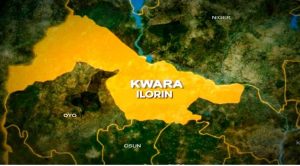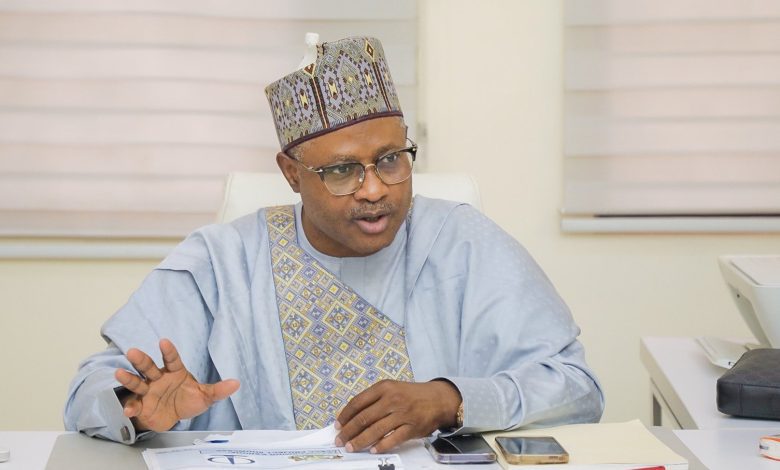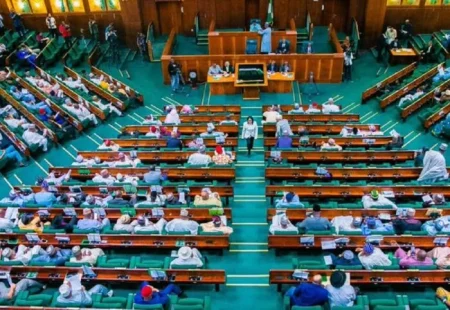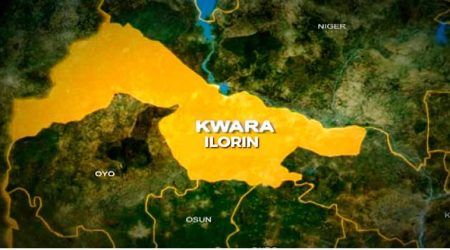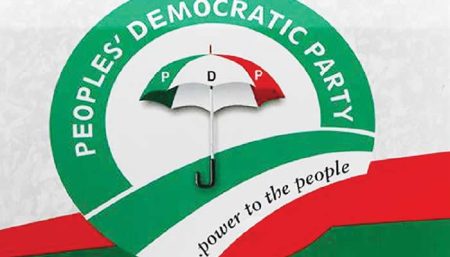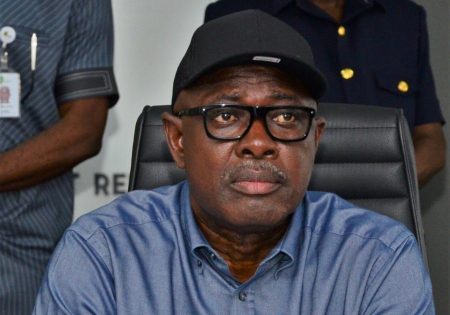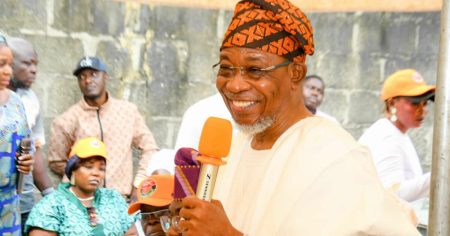The 1999 Constitution of Nigeria, a document birthed from the throes of military rule, has become a subject of intense scrutiny and calls for comprehensive reform. Kaduna State Governor, Uba Sani, has added his voice to the chorus demanding a thorough overhaul, advocating for a constitution that empowers citizens rather than serving as a tool for the powerful. Speaking through his deputy, Hadiza Balarebe, at a public hearing on constitutional review, Governor Sani emphasized the necessity of adapting the constitution to the evolving needs of the Nigerian populace. He characterized the constitution as a “living compact,” arguing that its relevance hinges on its responsiveness to the dynamic realities of the nation and its people. His call for reform echoes a growing sentiment that the current constitution, with its military-era origins, no longer adequately reflects the aspirations and needs of contemporary Nigeria.
Governor Sani’s proposed reforms span a wide spectrum of critical areas. He passionately championed the cause of state policing, arguing that security is inherently local and cannot be effectively managed through a centralized system. This reiterates his long-held stance on the issue, having previously sponsored multiple bills in the Senate to promote decentralized policing. He believes that a localized security architecture, managed at the state level, would be more responsive to specific community needs and challenges. Furthermore, he advocated for true federalism, arguing that the current over-centralized structure stifles innovation, hinders local problem-solving, and creates a disconnect between the government and the governed. This call for decentralization extends to economic matters as well, aiming to empower states with greater control over their resources and development trajectories.
Beyond security and governance structures, Governor Sani stressed the crucial need for greater gender inclusion in political leadership. He lamented the existing gender imbalance in political representation, characterizing it as a national failing that impedes progress. He argued that a nation that marginalizes half of its population cannot hope to achieve its full potential. His call for increased female representation in political office aligns with global movements towards greater gender equality and inclusivity. In addition, he advocated for the formal recognition of traditional institutions within the constitution, highlighting their vital role in local governance and peacebuilding. He argued that these institutions, deeply embedded within the social fabric of many communities, possess a unique capacity to foster stability and resolve local conflicts, and their contributions should be formally acknowledged and integrated within the constitutional framework.
To further solidify democratic values, Governor Sani urged the entrenchment of a robust separation of powers between the executive and legislative branches of government. This, he believes, is essential to prevent political interference and safeguard the independence of democratic institutions. He cautioned against the dangers of unchecked executive power and emphasized the importance of a balanced power dynamic to ensure accountability and prevent the erosion of democratic principles. His vision for a reformed constitution emphasizes not only structural changes but also a shift in mindset, moving away from sentiment-driven decision-making towards a more structured and principled approach to governance.
The public hearing, described as a “task of national rebirth” by Madaki Sani, Chairman of the North West Sub-committee on Constitution Review, underscores the significance of this ongoing process. The commitment to inclusivity, ensuring that all voices are heard and no idea is dismissed, highlights the desire for a constitution that truly represents the collective will of the Nigerian people. This sentiment was echoed by Benjamin Kalu, Deputy Speaker of the House of Representatives and Chairman of the Constitution Review Committee, who emphasized the historic nature of the review process and its profound implications for the future of Nigeria. He stressed that the exercise transcends mere legislative duty, representing instead a national responsibility to shape the destiny of the nation for generations to come.
The overarching goal of the constitutional review is to create a document that effectively addresses contemporary challenges while providing lasting solutions for the future. This requires a dynamic and adaptable constitution, capable of evolving alongside the changing realities of the Nigerian nation. The current constitution, a product of military rule, is increasingly viewed as outdated and inadequate for the demands of a modern democratic society. The call for reform is not merely an exercise in legal technicalities; it represents a fundamental reimagining of the relationship between the state and its citizens, aiming to create a more equitable, just, and empowered society for all Nigerians. The ongoing review process represents a critical juncture in Nigeria’s democratic journey, offering an opportunity to forge a constitutional framework that truly embodies the aspirations and values of its people.




